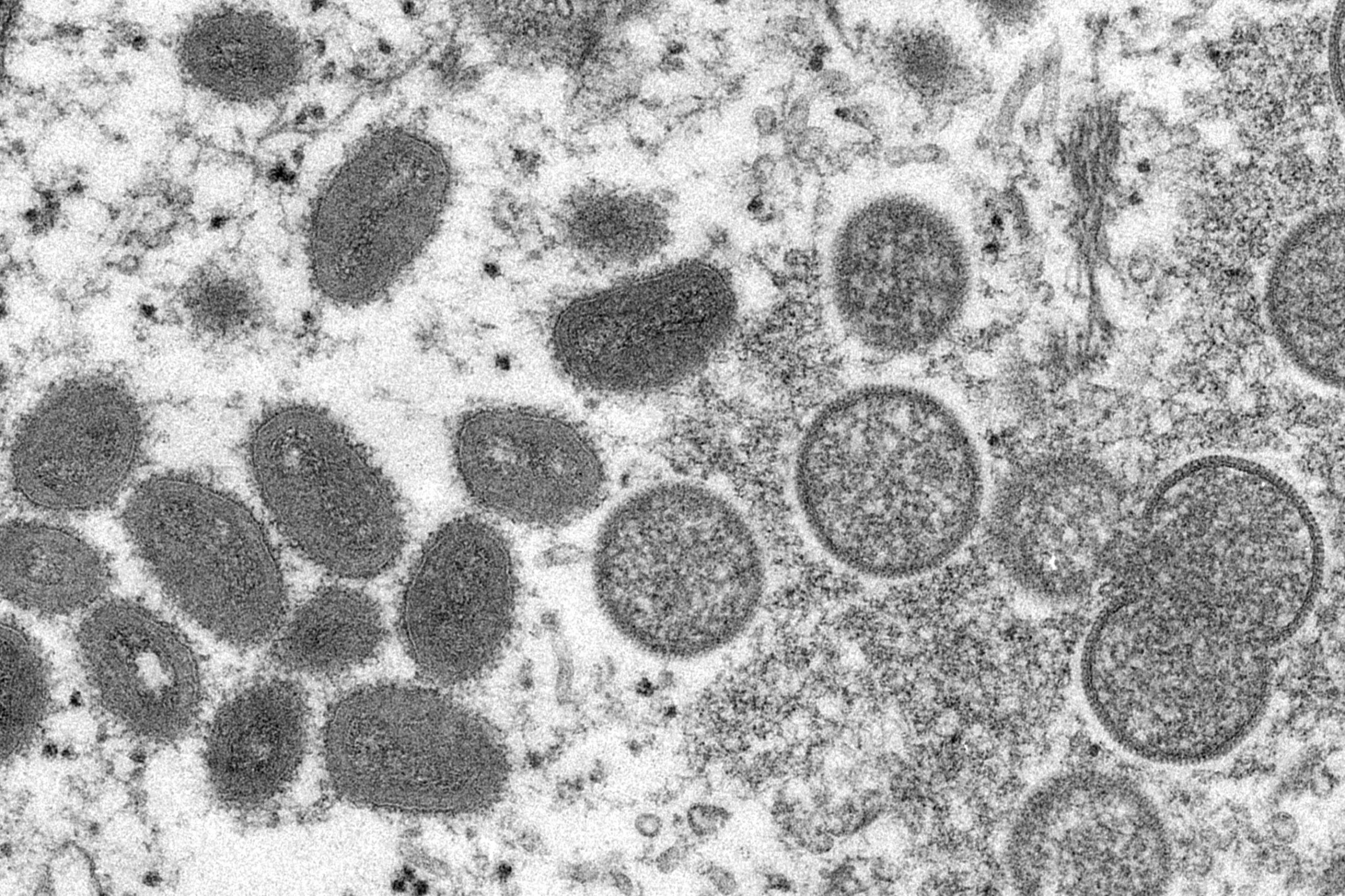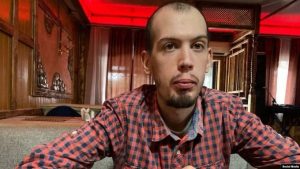Amid a rise in the number of growing monkeypox cases, Russia on Tuesday confirmed its first case in a young man who recently returned from Europe, the country’s consumer rights watchdog told reporters.
Speaking to Sputnik, Russia’s rights watchdog Rospotrebnazor said, “The first case of monkeypox has been confirmed in Russia. The disease was detected in a young man who returned from a trip to Europe and came to a medical facility with a rash that is common (for this disease).”
Also read: In Russia-Ukraine conflict, an Iranian drone twist
Rospotrebnadzor clarified that the patient has mild symptoms and is isolated.
In the last week of June, the World Health Organisation (WHO) said the monkeypox outbreak does not currently constitute a global public health concern but added that “intense response efforts” are needed to control further spread.
The announcement comes after WHO chief Tedros Adhanom Ghebreysus convened an Emergency Committee on the disease, under the International Health Regulations (IHR), to address the rising caseload.
Also read: Shinzo Abe’s complicated legacy casts shadow over PM Fumio Kishida
The PHEIC declaration is the highest level of global alert, which currently applies only to the Covid-19 pandemic and polio.
Monkeypox is a rare viral disease that occurs primarily in tropical rainforest areas of Central and West Africa, though it is occasionally exported to other regions.
Since May, more than 3,000 cases have emerged in 47 countries, many of which have never previously reported the disease. The highest numbers are currently in Europe, and most cases are among men who have sex with men.
Also read: Binance continued services in Iran despite sanctions, traders say
Tedros said he is deeply concerned by the spread of the disease, and that both he and WHO are following the evolving threat very closely.
“What makes the current outbreak especially concerning is the rapid, continuing spread into new countries and regions and the risk of further, sustained transmission into vulnerable populations including people that are immunocompromised, pregnant women and children,” he said.
Also read: Why Russia is putting families of killed soldiers under surveillance
He underscored the need for both collective attention and coordinated action through public health measures including surveillance, contact-tracing, isolation and care of patients, and ensuring vaccines, treatments and other tools are available to at-risk populations and shared fairly.







